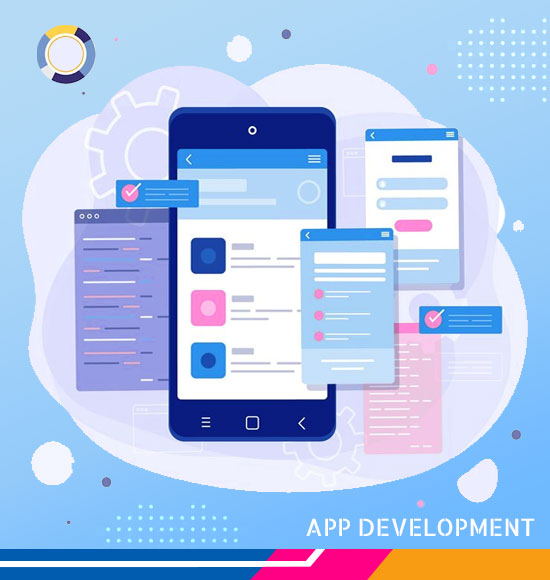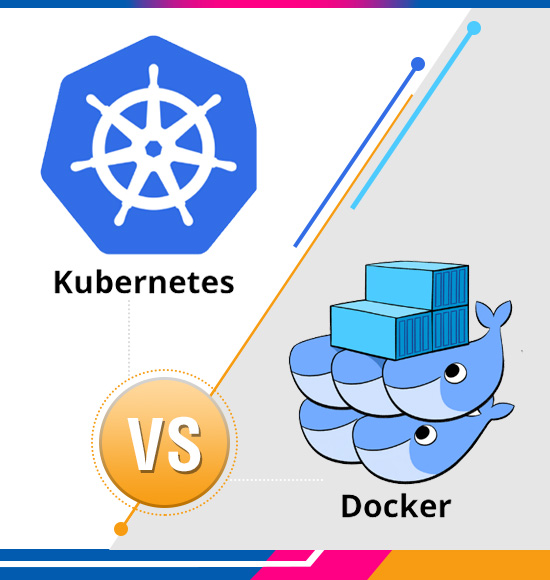What is Multiglot in microservices?
Multiglot programming is the practice of writing code in multiple programming languages. Multiglot (or polyglot) in microservices is opted to capture additional functionality and efficiency, which may not be available in a single programming language. No programming language offers a comprehensive solution in software development. Hence, heterogeneity in microservices becomes pertinent. It provides developers’ teams with the ability and freedom to seek relevant solutions to problems.
Here’s why developers might need heterogeneity in microservices.
Enterprise Needs
With time the needs of enterprises become more complex. Hence, a need for the services that contribute to the capabilities to stay ahead of their growth arises. It is the responsibility of developers to provide comprehensive solutions for businesses. This can be achieved only with a diverse technology stack.
Today every business wants to provide innovative services and remarkable customer experiences. Enterprises want proficiency in almost every space like- Big Data, Internet of Things (IoT), Artificial Intelligence, Cloud Computing, and Data Analysis. For organizations to achieve these feats, they need to deploy various technological stacks and programming languages.

Role of Platform Teams
Platform Teams need to analyze, design and build out the necessary tools for wider mobile organization. Their role is to support multiple groups across many lines of business and provide enhanced customer experience within no time. This is done by supporting development teams that write in multiple client languages, runtimes, and ecosystems.
Now that you know why to opt for polyglot in microservices, here are some of the advantages that might encourage developers to go for it instantly.
Autonomy
In case the backend is written in a single language and developers need to write their microservices in a different language, the autonomy to reach their internal goals is restricted, as developers can’t contribute to the backend system. To regain autonomy, the developers must know how the rest of the system works and contribute to it meaningfully.
Enhanced Developer’s Creativity
The most important benefit of polyglot microservices is that it enhances developers’ creativity. Even if the entire microservice is written in Java, iOS developers whose forte is Swift won’t be restricted by their lack of Java experience. Developers will use innovative methods to meet the standards specified by the company. Henceforth, governance over which language to develop should loosen to exponentially expand the developer’s creativity and out-of-the-box problem-solving skills.
Increased Candidate Base
Once polyglot microservices are adopted, organizations can choose candidates from a large pool. They no longer need to restrict themselves to only one programming language, let’s say- Java. They can choose from programmers who are adept at .Net, C++, Scala, GO, Python and Node.js as well.
It is extremely vital to stay ahead in the game by implementing innovative technologies and trends. This can only be achieved by providing teams with the autonomy to develop applications in any programming language. However, they need to make sure that operational parity is maintained with existing services.
Polyglot microservices are specifically beneficial for the mobile teams that we support and ultimately to our end users. It is in a way empowering for the developers’ team to research various architectural approaches and attempt to solve issues with them.




